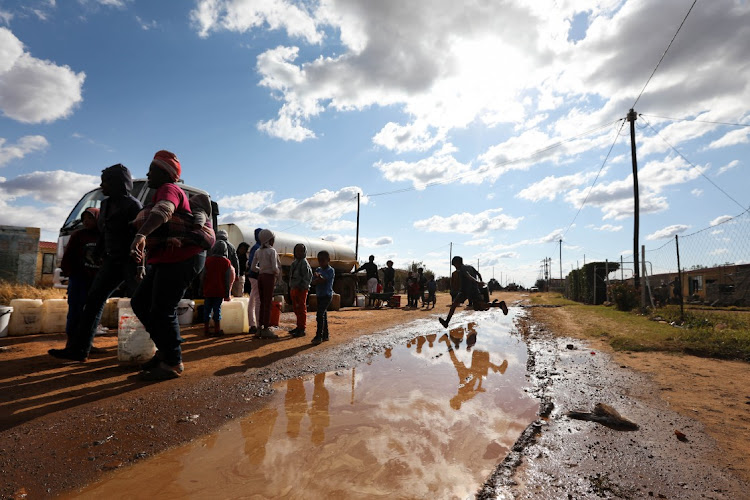Elusive it may be, but economic transformation is creeping in

The problem is, investors want evidence of progress in this regard
Domestic developments over the past two months make it difficult to sell South Africa as an investment destination to foreigners.
Reform progress is at an excruciating snail's pace, while economic developments undershoot expectations. Consequently, uncertainty continues to mount, making it difficult to find any meaningful positives to balance the slew of negative developments.
While engaging with UK and US investors recently, they asked what makes me positive about South Africae and detailed areas of concern for them and the investors they represent.
It's difficult to find positives, but they are there.
First, there appears to be focused intention to resolve the Eskom crisis, given the appointment of Kgosientsho Ramokgopa as the electricity minister. However, we must wait for actual action, as putting too much faith in one person to resolve the complex issues is setting ourselves up for disappointment.
Second, the household and corporate sectors appear resilient as they had higher accumulated cash balances going into the Covid-19 pandemic than they had in previous economic shocks. This will reduce the severity of an underperforming economy, but high inflation, low growth in salaries and wages, and rising interest rates could still affect their finances.
From a policy perspective, we can always bank on the South African Reserve Bank to implement monetary policy by the book. This is an underappreciated source of resilience for the economy and financial system.
“Each day that passes with no progress on reforms is a day closer to society's breaking point”
Fiscal policy faces the challenge of low growth and having to deal with Eskom’s debt, which has worsened the fiscal position more now that government will take over R254bn thereof as and when it becomes due. The transparency of fiscal numbers is positive as it is easy to analyse the true extent of related risks.
The South African Revenue Service's ability to collect taxes, even in a low-growth environment, is also something to be celebrated.
Beyond the above, finding positives is hard work. The areas of concern are plenty and in our faces everywhere we go. The most obvious is load-shedding, which makes us doubt if there will be light (pun intended) at the end of the tunnel.
The second concern is water, which derives from there being little investment in related infrastructure in years gone by and shortcomings in licensing mechanisms.
The third is logistics, particularly rail and roads. Those who drive to Durban on the N3 and to Mbombela on the N4 and N12 would have been stuck behind trucks in the fast lane several times. I doubt these roads were constructed with trucks as regulars in mind, meaning it's going to cost more to maintain them.
This, like electricity and water, is a self-inflicted wound. The delay in finding solutions costs the economy jobs and lives we will only be able to quantify in years to come.
The fourth issue is safety, security, law and order. Government leaders, including those responsible for the security cluster, openly speak about construction mafias, yet this problem remains unresolved. This imposes a huge cost on doing business in the country because companies have to hire private security to ensure their operations continue.
The one question that always comes up is what needs to happen to solve these problems?
Much of the answer must come from government, the makeup of which depends on politics. The 2024 general elections are having an impact already through horse trading on policy and government leadership in anticipation of how the electorate will vote.
Business’s role remains crucial. As one policymaker put it to me, the best way to implement economic transformation is to replace the government wherever it’s failing. Though not perfectly, it’s happening in education, health and security. Now it will happen in electricity generation, by stealth.
The question is, will it happen quickly enough and at enough scale to generate economic benefits for the majority before society breaks? Each day that passes with no progress on reforms is a day closer to this break point before reforms bear fruit. This message cannot entice investors. They will sit on the sidelines waiting for evidence that we have turned a corner.
